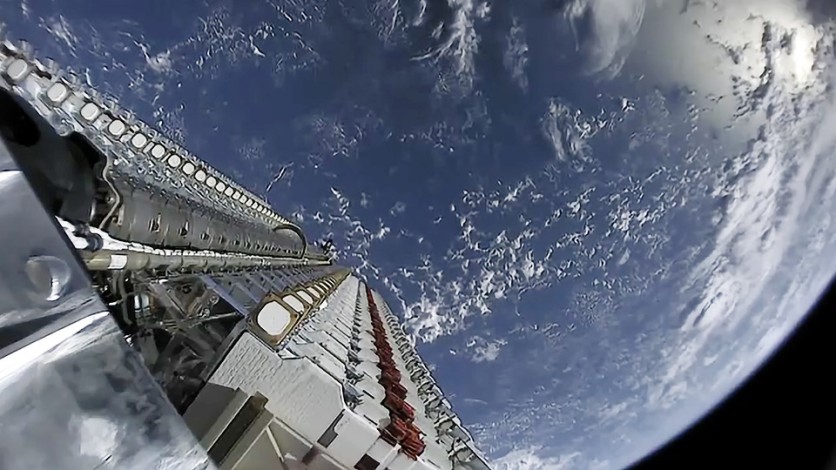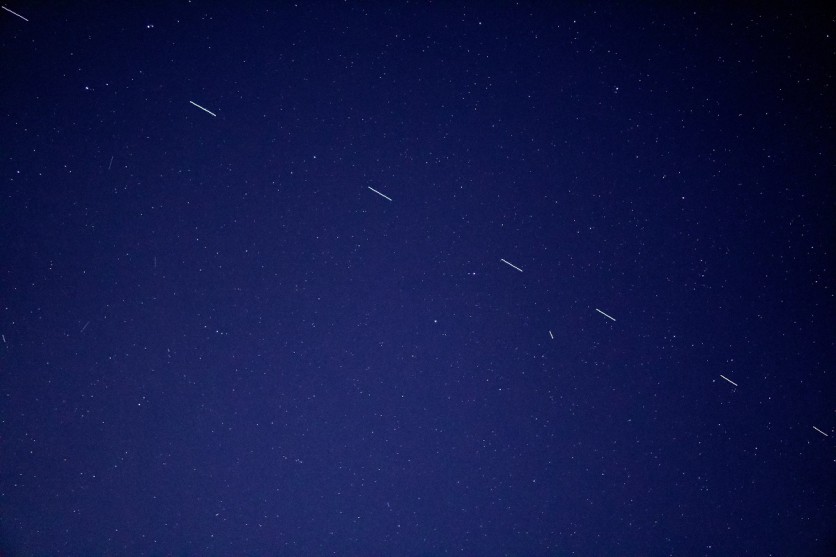Redditors are submitting links to their Speedtest results for SpaceX's Starlink internet. It would be the first publicly available speed data for Elon Musk's satellite-internet project, but it seems not impressive enough.
On August 15, members of the r/Starlink subreddit started posting links to the results of their tests on internet speed through the testing site Speedtest. While Speedtest this information is undisclosed, buried on a hidden page of the website, users can share links to the results to others. This seems to violate the site's nondisclosure agreements with SpaceX.

On the r/Starlink subreddit, results showed download speeds ranging from 35 to 60 megabits per second (Mbps) and upload speeds of 5 to 18 Mbps while pings are between 20 to 94 milliseconds. Ping measures the time when data reaches a server from a user's computer. Speedtest's mother company, Ookla told Business Insider these results "all appear to be legitimate."
List of Confirmed Starlink Speed Tests from r/Starlink
One Reddit user wrote, "I'm honestly very impressed." Also, another user said the data gives him so much hope.
Meanwhile, another Redditor said that his attention is drawn more to the latency, despite good speed numbers. "It exceeded my expectations." However, another user warned that the latency may become worse once more users are connected.
Experts say Starlink results may not award SpaceX $16 billion
While these results excite users who have no access to broadband service, experts think otherwise.
According to a Business Insider report, the numbers are not remarkable. And this is not good news for SpaceX.
Tech Times reported that Musk's company has been trying to compete to grab a share of the Federal Communications Commission (FCC) $16 billion funding under the Rural Digital Opportunity Fund (RDOF). While the current numbers are just 6% of the required 1 gigabyte per second FCC requirement, it is still much faster internet than current service providers in rural areas. This may be the reason for the numerous subreddit members who were impressed by the test results.

The FCC is set to pay up to $16 billion to providers that can offer the best broadband access to the most areas at the cheapest cost. This is part of the two-phase program that aims to provide high-speed, low-latency web access in rural parts of America where broadband service is not available. The total budget for the program is $20.4 billion and FCC requires minimum speeds of 25 Mbps download and 3 Mbps upload, which would allow telecommuting, doing schoolwork, or streaming 4K video, among other things.
However, the rules of the program stack the deck against satellite-based systems.
A telecommunications policy analyst Blair Levin said that with the numbers, the Starlink "satellites don't win anything." Levin is a former FCC chief of staff and a Brookings Institution nonresident fellow.

Also, experts may have expected too much from the Starlink network, even in its beta phase.
Photonics engineer and Stealth Communications CEO Shrihari Pandit also aired his concerns about the results. "I would suspect it should be a little higher than where it is," said Pandit adding that he thought it would be "a couple of hundred megabits per second."
Meanwhile, Electronic Frontier Foundation senior legislative counsel Ernesto Falcon told Business Insider that "it's not good" to see these performance results, particularly when it is bidding for FCC subsidies.
Read also: Elon Musk's SpaceX's Road to the Fastest Internet From the Orbit: Here's' What Latest Stats Say
This is owned by Tech Times
Written by CJ Robles
ⓒ 2025 TECHTIMES.com All rights reserved. Do not reproduce without permission.




